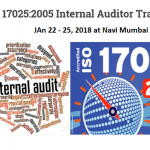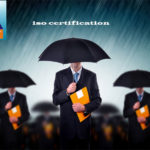BS EN 16001:2009 Energy Management System
What is BS EN 16001?  Introduced in November 2009, BS EN 16001 is a ‘road map’ to help organizations improve energy efficiency, reduce greenhouse gas (GHG) emissions and drive down energy costs. It provides a framework of action around a “plan, do, check, act” format that fits with other existing standards on environment and quality.  BS EN 16001 specifies requirements for an e... »








